
Now’s the time of year when prudent green thumbs curl up with their favorite seed catalogs and plan their springtime gardens, selecting from a huge variety of vegetable seeds for sale from an equally large number of seed companies. Many companies commonly offer heirloom and organic seeds, but what sets these varieties apart from the rest?
What makes an heirloom tomato different from a hybrid? Will the cucumber you grow from a non-organic seed still be organic?
When Is It organic?
Whether or not the seeds you purchase are organic means only one thing: that the original seed-producing plant was grown according to organic standards. If you plant a seed that is not certified organic, your resulting plant will still be organic if you yourself do not use synthetic fertilizers or other chemicals.
While it is generally best to support organic growing practices, that does not mean your own vegetable plants will not be organic if you use conventional seed. All that matters that you yourself are not using those nasty chemicals on your own garden plot.
And just to note, even though some seeds may not be labeled organic, that could mean that they simply haven’t been certified as such, even though they have been grown without the use of synthetic chemicals. (Although in this current day, it is probably likely that they will be certified.)
Heirloom Versus Hybrid Seeds
The big difference in vegetable seeds is whether they are heirlooms or hybrids. Heirloom seeds are those that are open-pollinated, and passed down from generation to generation. Seeds from heirloom vegetables are true to type, meaning that you can save the seed from a certain plant and expect to get the same thing when you go ahead and plant those seeds again next season.
Hybrid vegetable seeds are created by artificially crossing two or more varieties of a certain plant. Hybrid vegetables are what one typically sees being sold in the your local grocery store: those rows of bright, uniform tomatoes, carrots, and peppers are probably grown from hybrid seeds.
One big disadvantage with hybrids is that you cannot save the seed: resulting seeds may be either sterile or produce a plant totally unlike its original. Although hybrid plants produce fruit that ripens at the same time and may be more resistant to pests or diseases, they’re not selected for their taste. They are typically selected for appearance and shelf life. Hybrid seeds are typically more expensive than heirlooms, too.
Home gardeners will likely be more satisfied with heirloom vegetable varsities for the flavor they deliver, and the sheer variety of vegetable types that are available. Blue potatoes, purple carrots, and orange tomatoes are not unusual among heirloom varieties. And perhaps best of all is that gardeners can save the seed from their heirloom vegetable plants, and continue to grow them year after year, and pass them on the family and friends well into the future. The same simply cannot be said for hybrids.
To learn more about saving seed and heirloom vegetables, visit Seed Savers Exchange.
Image credit: flickr via libraryman

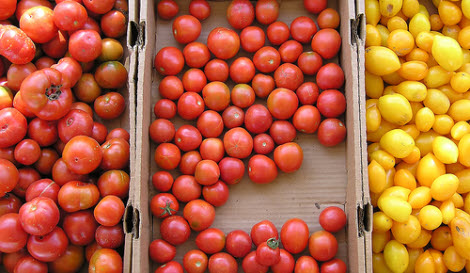
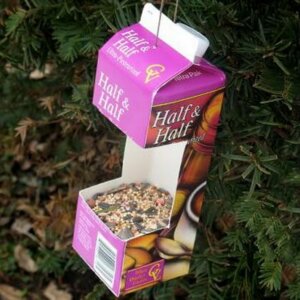
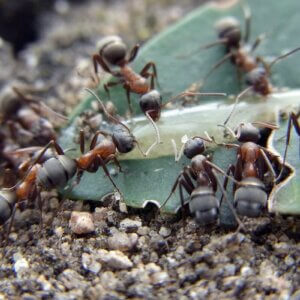
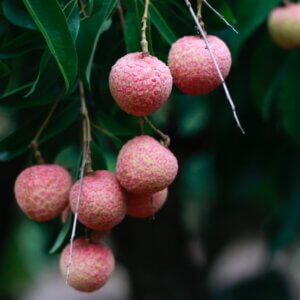

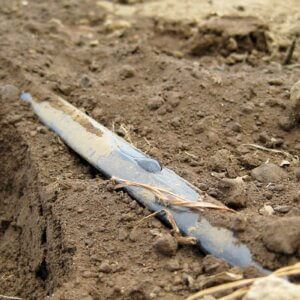

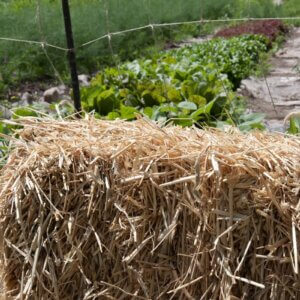

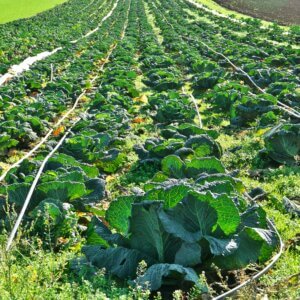

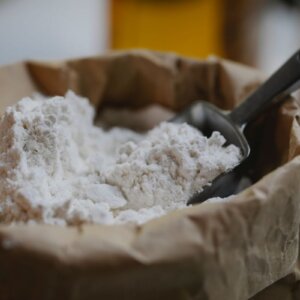

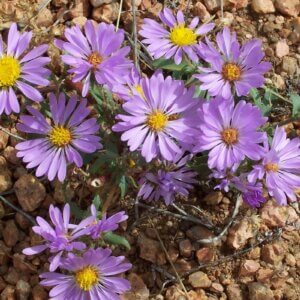


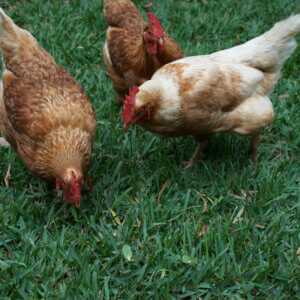
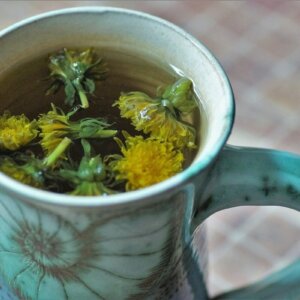

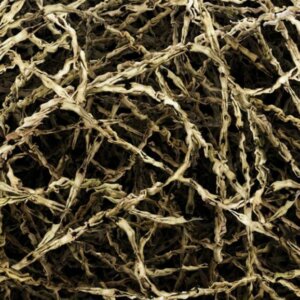
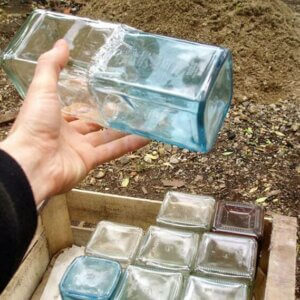

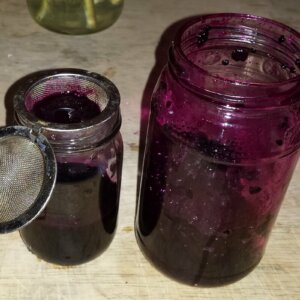


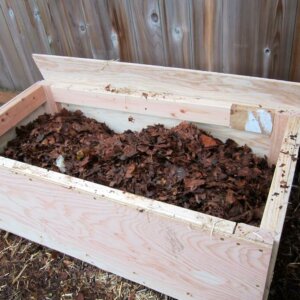
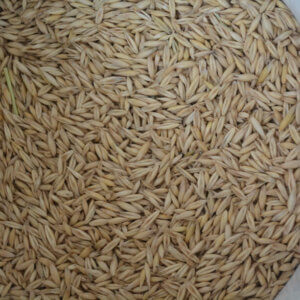
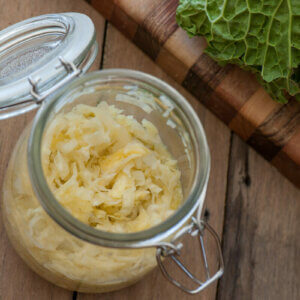


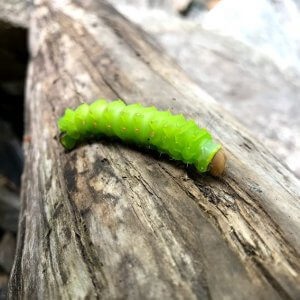
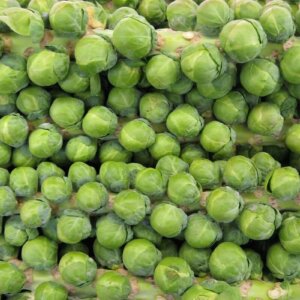
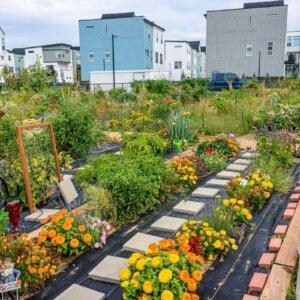
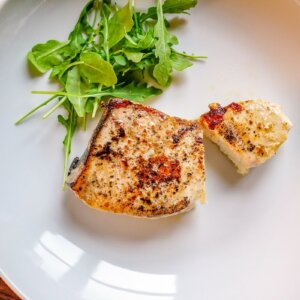
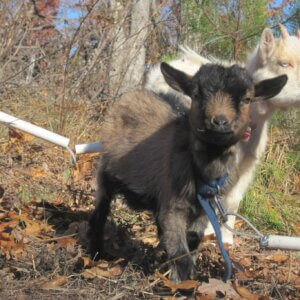



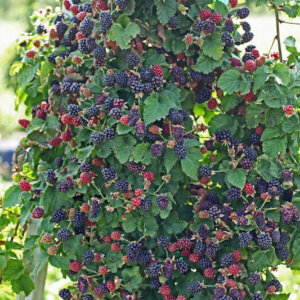

Good primer on seeds, but I’m not sure I agree with the statement that hybrids are not selected for their taste. I grow many hybrids in my home garden that are very tasty – Sungold tomato comes to mind, as does Ambrosia muskmelon. Neither of those varieties will ever be commercially popular because of several reasons, but mainly the fact that both are too delicate to ship very well.
I certainly do agree that the varieties of many vegetables found in the supermarket are most likely hybrids, and definitely not selected or grown because they are good tasting. The home gardener is in a much better position to grow fresh, good-tasting and nutritious vegetables right in their own backyard.
And I surely agree that gardeners should try more heirloom varieties, since most have stood the test of time and offer compelling advantages like you mention. Oak Leaf lettuce has been around since 1771, and has graced many salad plates since then, including mine today!
Another factor for gardeners to consider is that some vegetables are almost never hybrids, such as lettuce and green beans, which are normally open-pollinated. With those the gardener needs to be mindful of each variety’s characteristics, and not just whether the seeds are organic, hybrid or heirloom.
The statement “While it is generally best to support organic growing practices, that does not mean your own vegetable plants will not be organic if you use conventional seed. All that matters that you yourself are not using those nasty chemicals on your own garden plot.” is false.
Non organic seeds may contain systemic pesticides having been dipped in those pesticides. This means that every part of the resulting plant will contain the pesticide, from the roots to the seed.
Several places are selling hybrid seeds and labeling them heirloom seeds. Is there a reliable place to purchase true heirloom seeds?